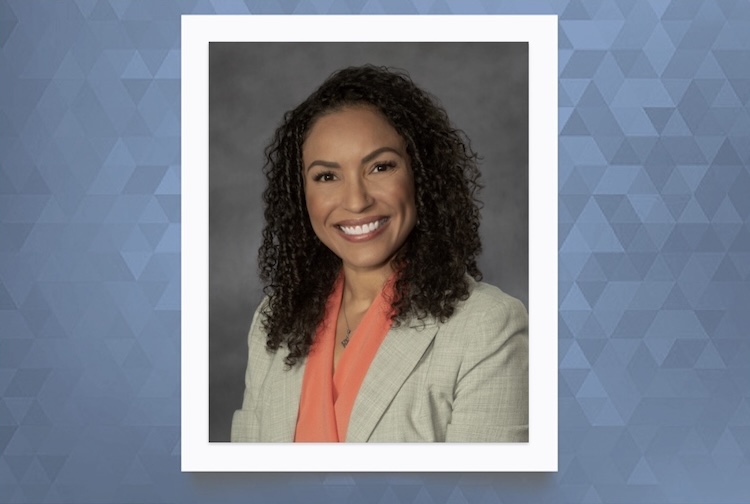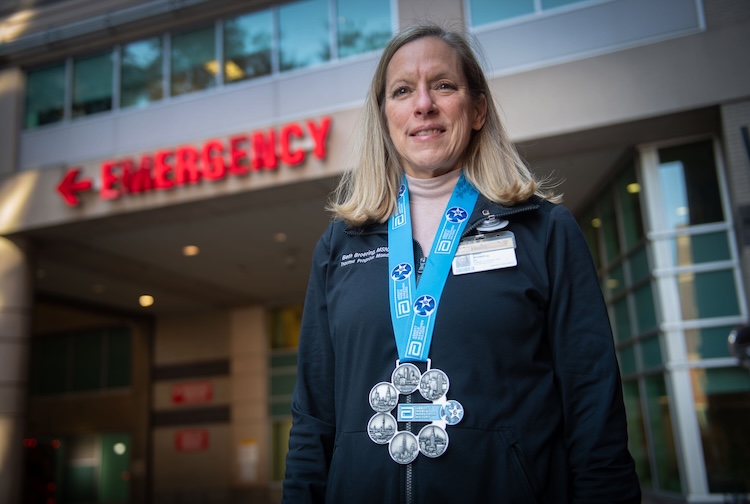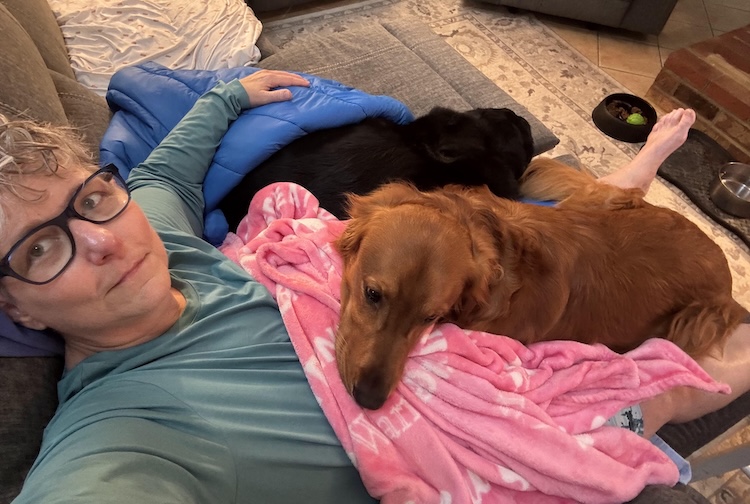Community-engaged cancer centers: Changing the future of cancer care
November 03, 2020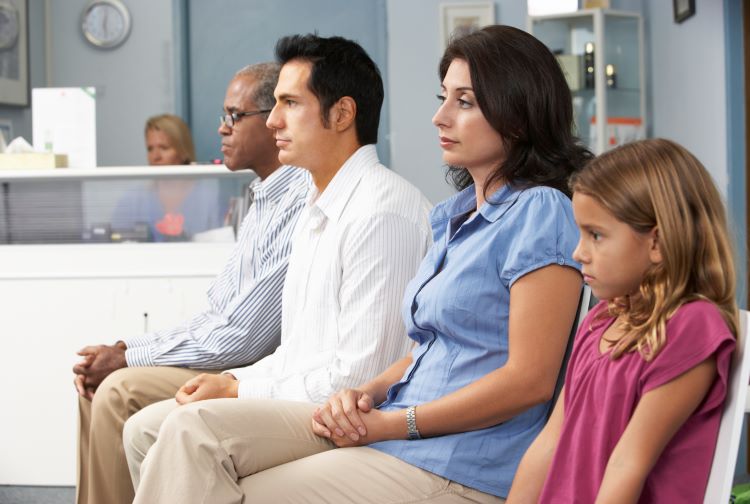
The last half-century has seen a wide range of cutting-edge advances in cancer prevention, screening, diagnosis, treatment and survivorship. However, access to these cancer breakthroughs has not been equal.
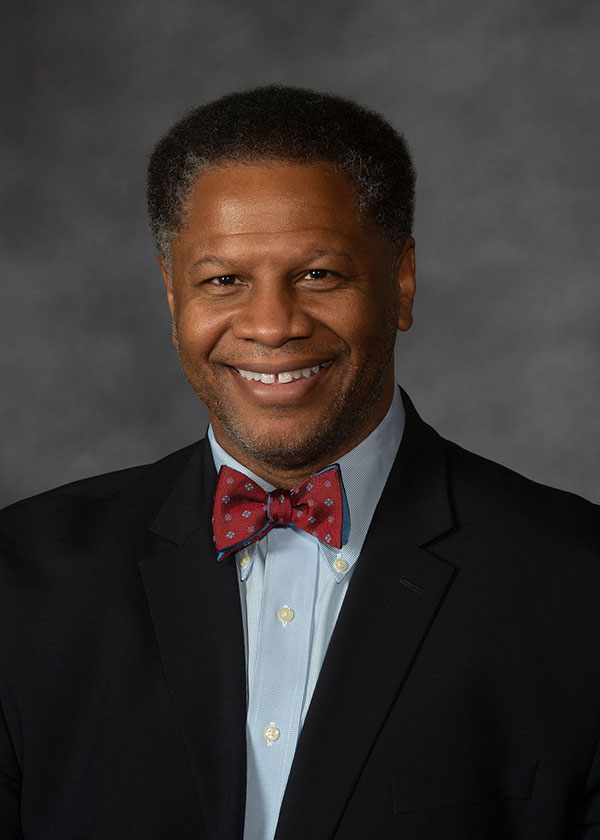 Dr. Robert Winn, director of VCU Massey Cancer Center, has been working hard to broaden access to cancer care through a community-engaged cancer center approach. Joining VCU less than a year ago, Winn is committed to reducing cancer disparities and ultimately making a bigger impact on the community.
Dr. Robert Winn, director of VCU Massey Cancer Center, has been working hard to broaden access to cancer care through a community-engaged cancer center approach. Joining VCU less than a year ago, Winn is committed to reducing cancer disparities and ultimately making a bigger impact on the community.
“We have talked for a long time about the 'bench to bedside' model. What that means is that scientists find a cure or other therapeutic improvement and take it to the patient bedside,” Winn explains. “The problem with that model is if the patient cannot get to the bedside, then they cannot benefit from that advancement. That is one of the factors contributing to the disparities we've seen.”
Winn's community-engaged cancer center approach seeks to harness the power of the community to refine the questions posed by research studies. The growth of “big data” presents opportunities to dive deep into how a new drug, therapy or other intervention may benefit a variety of people and communities.
Community engagement vs. community outreach
Community engagement is much more involved than community outreach, Winn notes. Unlike community outreach, community engagement is a two-way street. It interacts with the community by both giving information and receiving it.
“That's the biggest piece people miss,” he states, explaining how engaging the community not only provides an opportunity, for example, to promote the importance of clinical trials, but also to enroll people in the trials. “Engaging the voices of the community really does have an impact.”
A director's council has been established to inform Winn of what's happening within the community and for community members to learn about the cancer center's activities. “We to try to align their issues with what the cancer center is able to deliver,” Winn adds.
Factors that contribute to cancer care disparities
Health care disparities are often built on social structures, such as lack of education, poor housing and other economic inequalities, Winn points out. Affected communities are often mistakenly blamed for their plight, which leads to distrust on their part, he says.
As an example, Winn cites the spread of misinformation about COVID-19 through African American communities. “They were getting conflicting information — information that didn't make any sense. Where was their 'reliable' information coming from? It wasn't coming from the news. This is where engagement matters.”
Activism in action
In March, Winn initiated a “Facts and Faith Friday,” where he meets with African American clergy each Friday to discuss evolving health concerns — not only COVID-19 but also cancer and other health issues. Information is provided about clinical trials, a potential COVID-19 vaccine and even why physical activity is effective in fighting off the virus.
“When you have communities that, rightfully so, distrust the medical community and scientists, who are they going to turn to? They'll turn to people they trust. What we've done in this program, which now includes multiple churches, is give reliable information from our experts at VCU and the Virginia Department of Health,” Winn explains. “These ministers have been essentially deputized to carry information not only back to their congregations, some of which are quite large, but to the community.
“The truth of the matter is, that is how you garner trust. People may not trust you the first time they see you. But over time, if you show up and you're consistent, people will trust that you're authentic in wanting to help, and they will likely wind up actually helping you.”
To hear an in-depth conversation on this topic with Winn, please listen to this podcast.


